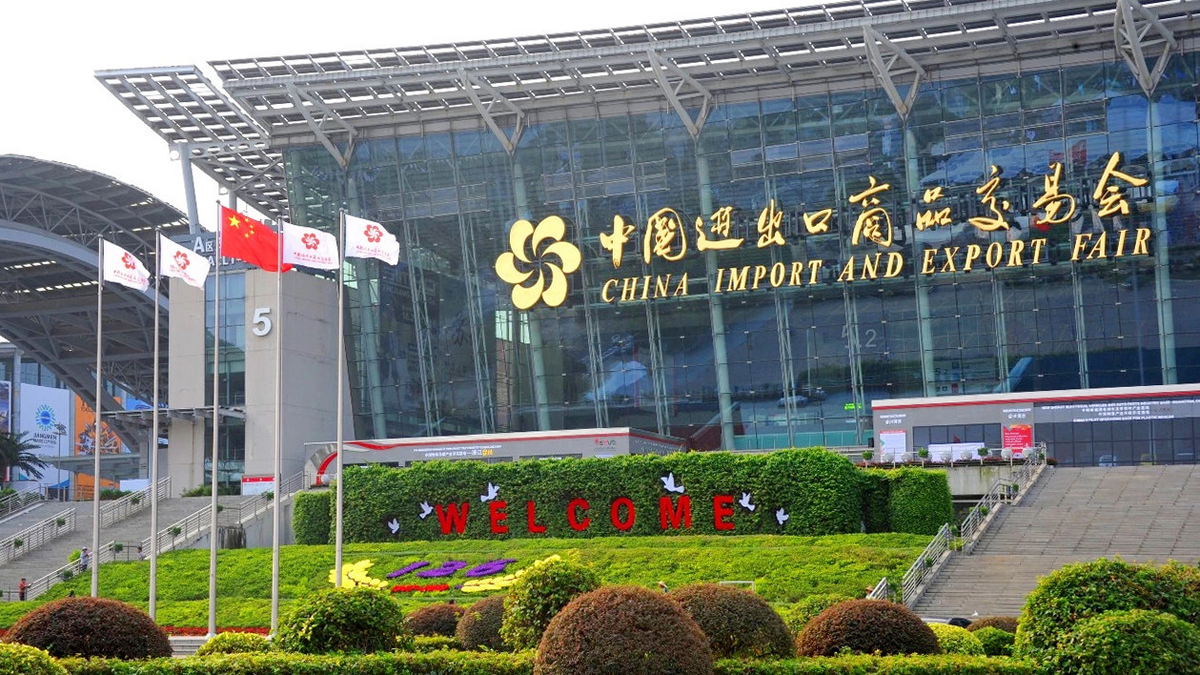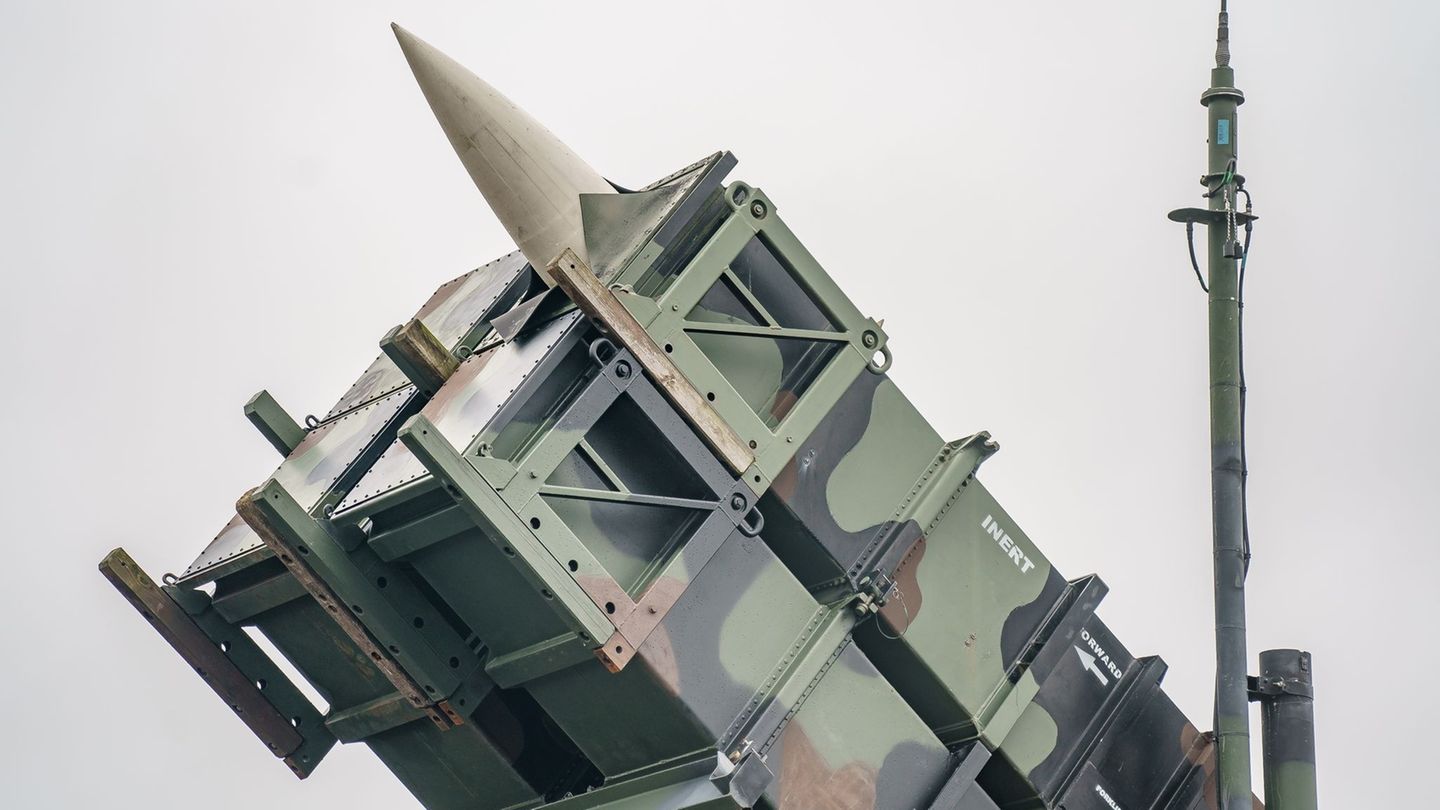The Canton Fair, officially known as the China Import and Export Expo, It is the largest and most influential trade event in China, and one of the most important in the world. Opened in 1957, it has been a key pillar for international trade, evolving from a primarily domestic gathering to a large-scale event, connecting Chinese suppliers with buyers from around the world. The October and November 2024 edition brought together more than 25,000 exhibitors, with more than 200,000 international buyers in attendance and a turnover that exceeded $80 billion, consolidating its role as China’s main export center.
In this last edition, a notable participation of Argentine companies stood out, which came with the expectation of exploring new business opportunities in a scenario that promises commercial opening with the arrival of Javier Milei’s government. Argentine interest reflects a change in strategy, driven by the search for competitive suppliers and new products that can satisfy local demand in a context of internal economic challenges.
However, many of these Argentine companies faced significant challenges. Despite the enthusiasm for the opening of new commercial channels, in the case of products in the textile sector, Chinese suppliers maintain minimum purchase volumes (MOQ) that exceed 700 to 1,200 units per design or product . These levels represent a significant limitation for Argentine SMEs, whose level of activity is still below pre-pandemic levels and faces additional challenges in the recovery of consumption.
Another important point pointed out by Argentine businessmen is the difficulty in complying with the normal and standard payment conditions traditionally required by Chinese suppliers. For the most part, sellers demand full payment before shipping, which contrasts with the current condition in Argentina that proposes making payments 30 days after the nationalization of the goods. This discrepancy generates additional negotiations with suppliers or costs associated with financing to be able to finalize commercial agreements.
Despite these challenges, the Argentine presence at the 2024 Canton Fair is perceived as a first step towards the opening and diversification of markets in a new political scenario that promises fewer restrictions on foreign trade. The participating companies highlighted the quality and variety of products offered, as well as the possibility of establishing strategic contacts with suppliers that allow greater competitiveness in the domestic market.
With this panorama, the current government faces the challenge of strengthening the regulatory and financial framework that allows Argentine SMEs to fully take advantage of these opportunities as well as balance the rules of the game so that local industrialists can compete with these products. Additionally, the latter must accompany the government by working intensely to improve its internal costs so as not to be left out of commercial activity.
Meanwhile, the Canton Fair remains an essential bridge to connect Chinese supply with global demand, including Argentine companies seeking to adapt to changing international market conditions.
Researcher at the Center for Argentine Studies in China -CEAC- of the University of International Business and Economics -UIBE- of Beijing of the People’s Republic of China.
Source: Ambito
I am Pierce Boyd, a driven and ambitious professional working in the news industry. I have been writing for 24 Hours Worlds for over five years, specializing in sports section coverage. During my tenure at the publication, I have built an impressive portfolio of articles that has earned me a reputation as an experienced journalist and content creator.




